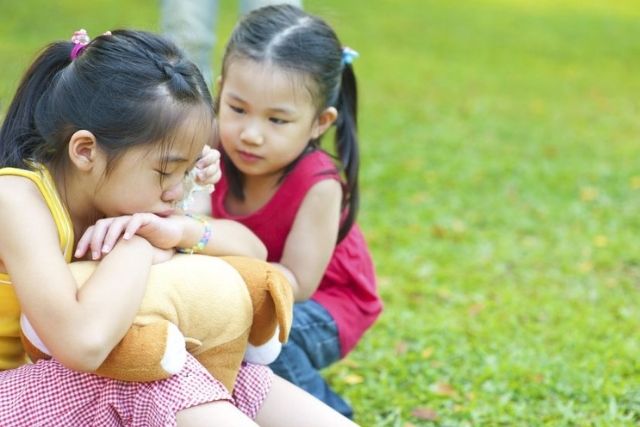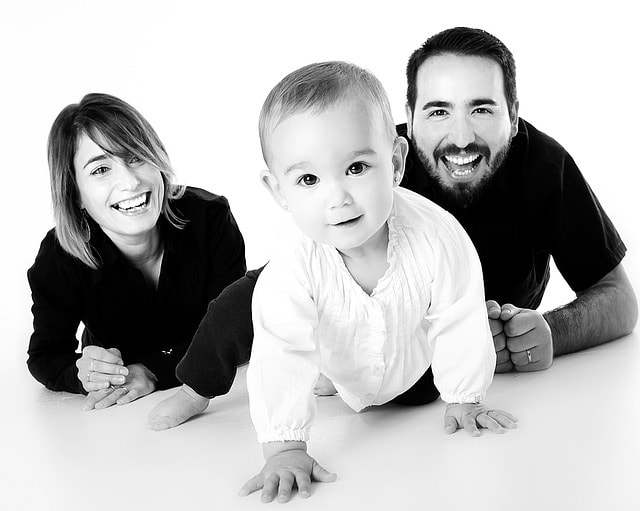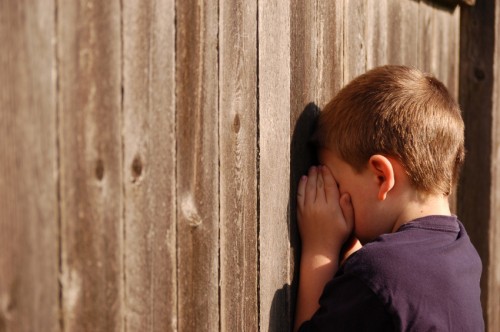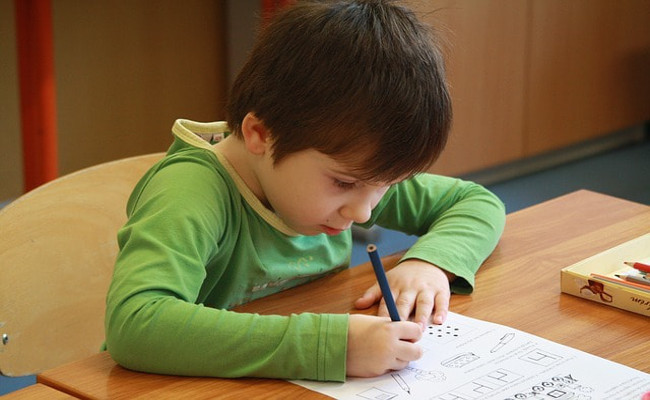“Give me a kiss.”
I always get nervous when my two-and-a-half daughter meets a distant relative for the first time. Usually, I’ll try to prepare Chloe by repeating something like, “So you’re meeting great grandfather today! And when you see him, what do you say?”
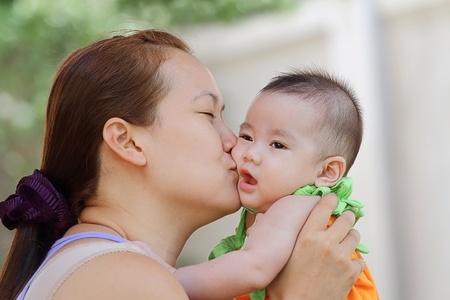
This is often met with a curious or blank look from Chloe. I can’t blame her for the lack of enthusiasm when she doesn’t even know who the relative is. What is a “great grandfather” or “great aunt” anyway? Related or not, she’s never met them. To her, they’re more or less strangers.
We are sitting in a car with my in-laws en route to an important family gathering on my husband’s side – the biggest reunion in years. Once we arrive, all the relatives, some of whom I haven’t even met, ambush Chloe and it seems like everyone is asking for something-kisses, high fives, hugs – from my hungry and confused toddler.
Finally, we arrive in front of my grandfather-in-law, sitting at the head of the table. He is overjoyed to see Chloe.
“This is great grandfather!” I tell her.
She looks at him for a moment before saying, “Hello great grandfather!” And I breathe a sigh of relief.
My grandfather-in-law then points at his cheek in expectation of a kiss.
Chloe shakes her head. My mother-in-law admonishes her. “Go give great grandfather a kiss!” But this only makes Chloe shake her head harder. I can see the disapproval on my mother-in-law’s face, and half of me wants to tell her that my daughter shouldn’t be forced to give anyone a kiss if she doesn’t want to, but the other half of me feels a mixture of panic and embarrassment. I don’t want to cause a scene.
I feel all the relatives looking at us, and finally, I bend down and whisper to Chloe, “If you give him a kiss, I’ll give you a candy later, okay?”
She hesitates before briefly touching her lips, un-puckered, to his cheek.
I’m pleased when I see him and my in-laws gladdened by this simple gesture from Chloe. But at the same time, I hate myself for bribing my child in return for forced intimacy.
You might wonder what the big deal is when it’s “only” a kiss. And it’s a kiss for a relative! Certainly, that’s normal and harmless, right? Especially when you could argue that it falls in line with teaching a young child how to be polite and respectful to family elders.
But when did being well mannered require being affectionate?
I think that’s enough kisses for the day…
If you don’t kiss or hug someone on demand, are you rude?

According to bestselling author Kasey Edwards, “The ritual of demanding affection from children on cue is one of those tiny, everyday little lessons in which we teach children – especially girls – that they are to tailor their emotional responses to please others.”
I’ve always taught my daughter to greet others. She loves saying hi to people and every morning she looks forward to calling out a cheerful “good morning!” to the school bus driver. But some people ask for more.
There have been times when people who were more or less strangers – neighbors, family friends, the gate guard asked Chloe to blow them a kiss or to actually give them one. In worst cases, they’ve tried to pick her up. Who can blame her for not wanting a random person to scoop her up whenever, wherever? If you think about it, since birth, kids don’t get much say in who carries them. Relative strangers who are enamored by their cuteness eagerly gather them in their arms. So when kids do develop a voice and ability to refuse these physical gestures, shouldn’t parents be on their side, instead of making them feel bad?
As Kasey Edwards puts it, “[Children] shouldn’t have to provide affection on cue just because social rituals demand it.”
When strangers ask Chloe for a hug or kiss, I used to just remain quiet and stand by uncomfortably. I’m ashamed to say that there were times when I even encouraged her to acquiesce, merely because I didn’t want a stranger to feel bad. A stranger! But now I try to navigate any awkwardness by suggesting that she give them a high five or handshake instead.
I want to teach my daughter that she has control of who she expresses affection to, and how. As she grows up, it will only become more important for her to know that she should never feel obliged to be physically intimate for somebody else’s satisfaction or entertainment if she doesn’t want to.
It’s all a part of teaching her to be true to herself.
By Jenny Tai.
This is part of TNAP Value series. Stay tuned for my articles!
Articles from TNAP Value series:
– Teaching Our Children The Value Of… Empathy
– Teaching Our Children The Value Of… Giving Thanks
* * * * *
Like what you see here? Get parenting tips and stories straight to your inbox! Join our mailing list here.
Want to be heard 👂 and seen 👀 by over 100,000 parents in Singapore? We can help! Leave your contact here and we’ll be in touch.



































